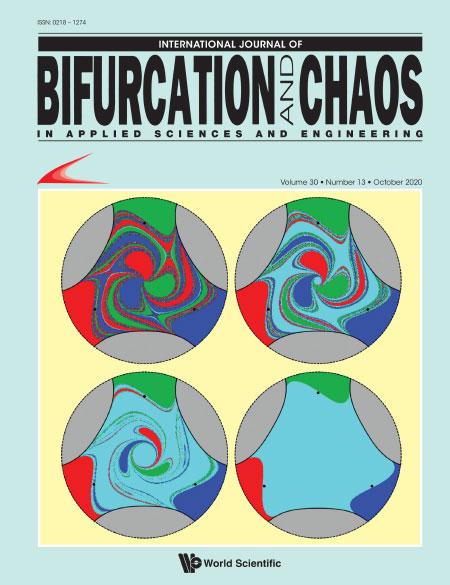Digital Bifurcation Analysis of Internet Congestion Control Protocols
N. Beneš, L. Brim, S. Pastva, D. Šafránek
International Journal of Bifurcation and Chaos, Vol. 30, No. 13, 2020Digital bifurcation analysis is a new algorithmic method for exploring how the behavior of a parameter-dependent discrete system varies with a change in its parameters and, in particular, for the identification of bifurcation points where such variation becomes dramatic. We have developed the method in an analogy with the traditional bifurcation theory and have successfully applied it to models taken from systems biology. In this paper, we report on the application of the digital bifurcation analysis for analyzing the stability of internet congestion control protocols by inspecting their attractor bifurcations. In contrast to the analytical methods, our approach allows fully automated analysis. We compared the robustness of the basic Random Early Drop (RED) approach with four substantially different extensions, namely gentle, adaptive, gradient descent, and integral feedback RED. The basic RED protocol is well known to exhibit unstable behavior when parameters are varied. In the case of adaptive and gradient descent RED protocol, the analysis showed significant improvements in stability, whereas in the results for gentle and integral feedback RED protocols the improvement was negligible. We performed a series of model simulations, the results of which were in accordance with our bifurcation analysis. Based on our results, we can recommend both adaptive and gradient descent RED to improve the robustness of the RED protocol.
Cite this article as: